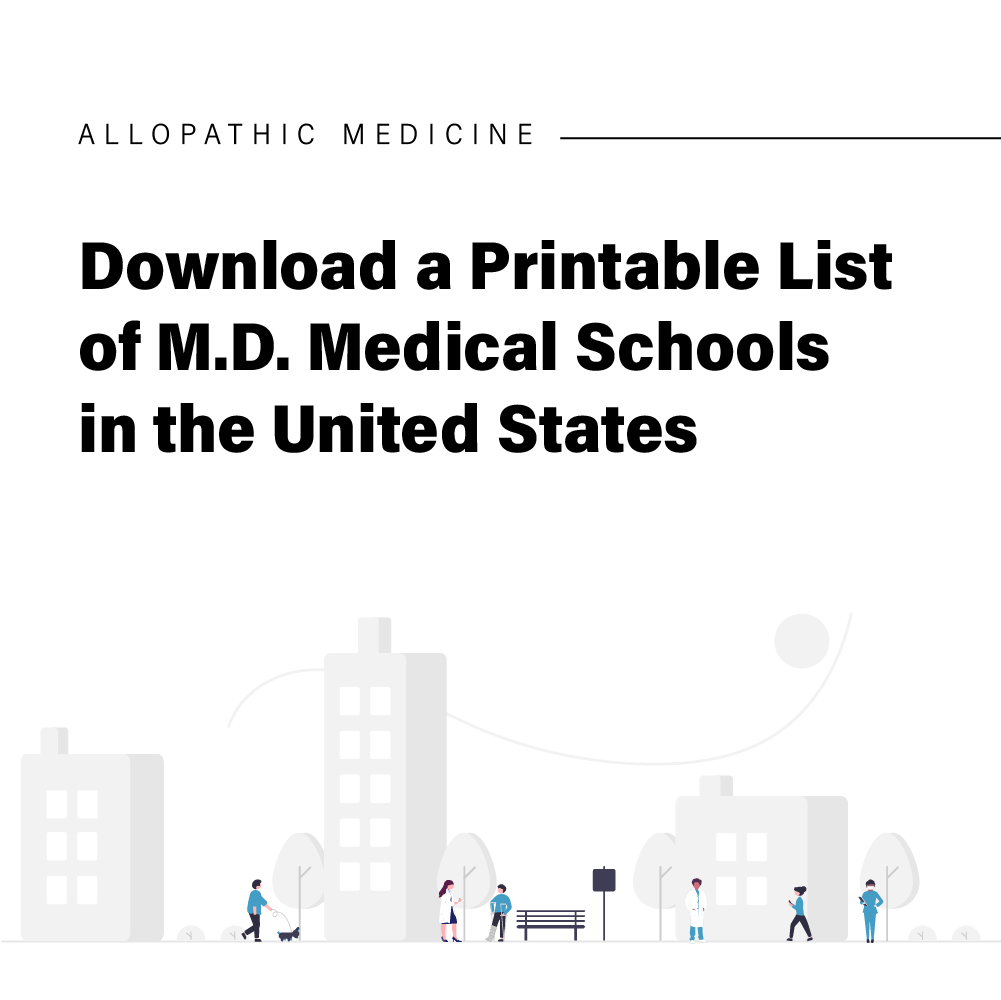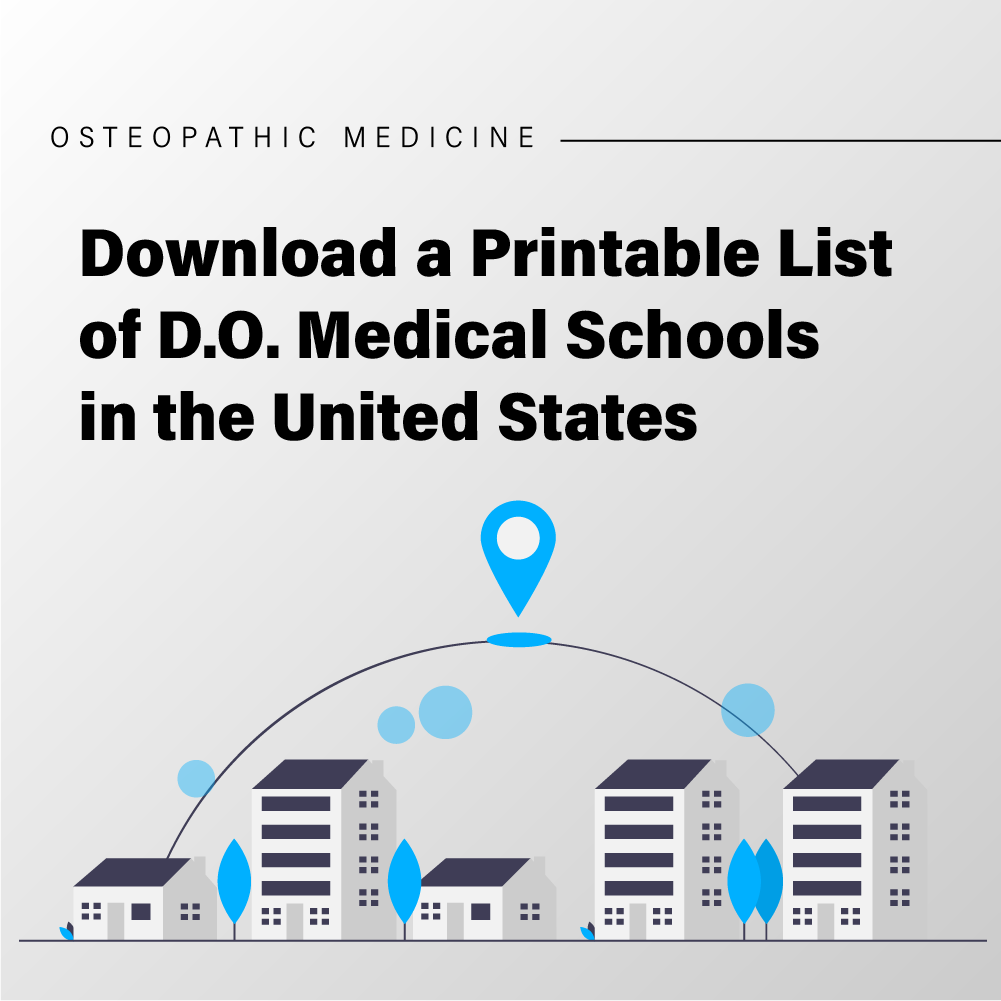With the advent of social media and smart phones, connecting with other students and studying in groups is easier than ever. Effective study groups allow students to learn the course material at a deeper level.
But not all study groups are useful. If students are on their phones, socializing, or not participating, the study session will not be effective. Productive study groups encourage active participation, instill discipline, and generate positive energy. So how do you create an effective study group? Here are some tips.
Choose a study plan
Choosing a general plan will help you schedule your time better. What are the goals of the study group? Do you want to learn something new with everyone, review material, or quiz each other? Setting a general plan will ensure everyone is on the same page. To optimize your time, focus on one subject or class at a time.
Make an outline
Prior to the study session, make an outline that answers the following questions:
- What specific topics will you review?
- How much time will you allocate per topic?
- When are the study breaks, if any?
This outline will ensure that all your topics of interest will be covered and that you have a clear picture of your task at hand. Have everyone review the outline prior to the study session.
Tip: Limit your study sessions to 2 hours to prevent burnout!
Study Beforehand
Studying before the study session may seem redundant, but repetition will help your memory and improve recall time. Also, showing up to your study group with prior knowledge of the material will lead to a more productive study session. You can learn the material more in depth and teach others. Therefore, show up ready to collaborate.
Plan for Breaks
While many students believe all-day and night study sessions will earn them their college degree, taking a moment to relax and reboot is essential for productive learning. A study led by the University of Illinois showed that taking short breaks can dramatically improve your ability to focus on one task for prolonged periods. Improved ability to focus equals improved ability to learn and recall.
What should you do on your break?
The trick to a good break is taking a break that diverts your attention away from your studies. A study from Princeton University suggests that exercise is a great alternative to going online during your study breaks. While you exercise, your brain emits a neurotransmitter called GABA, which has been proven to reduce anxiety and calm the brain.
In addition to exercise, exercise is another way to reduce overall anxiety. According to the Mayo Clinic, a few minutes of mediation everyday will ease school-related stress and fight against fatigue, depression, insomnia and high blood pressure.



